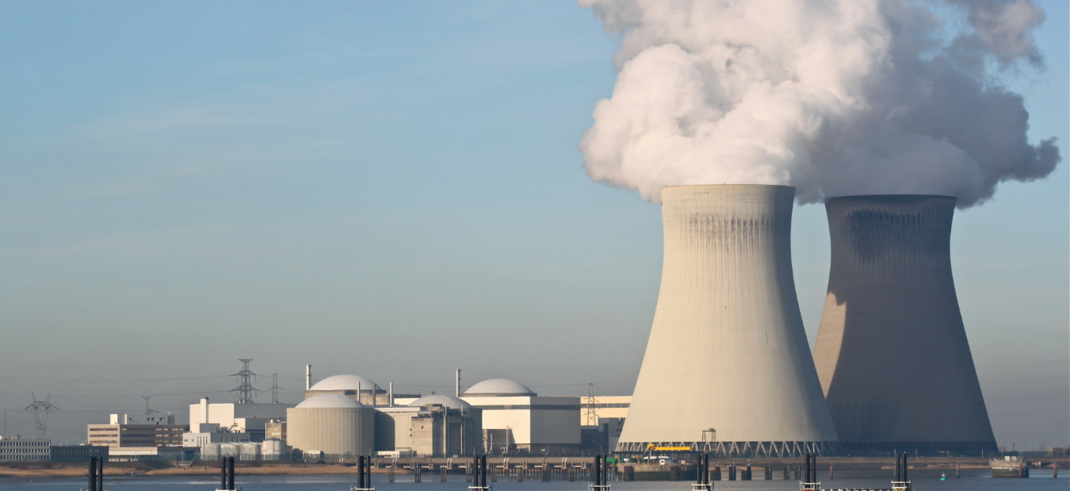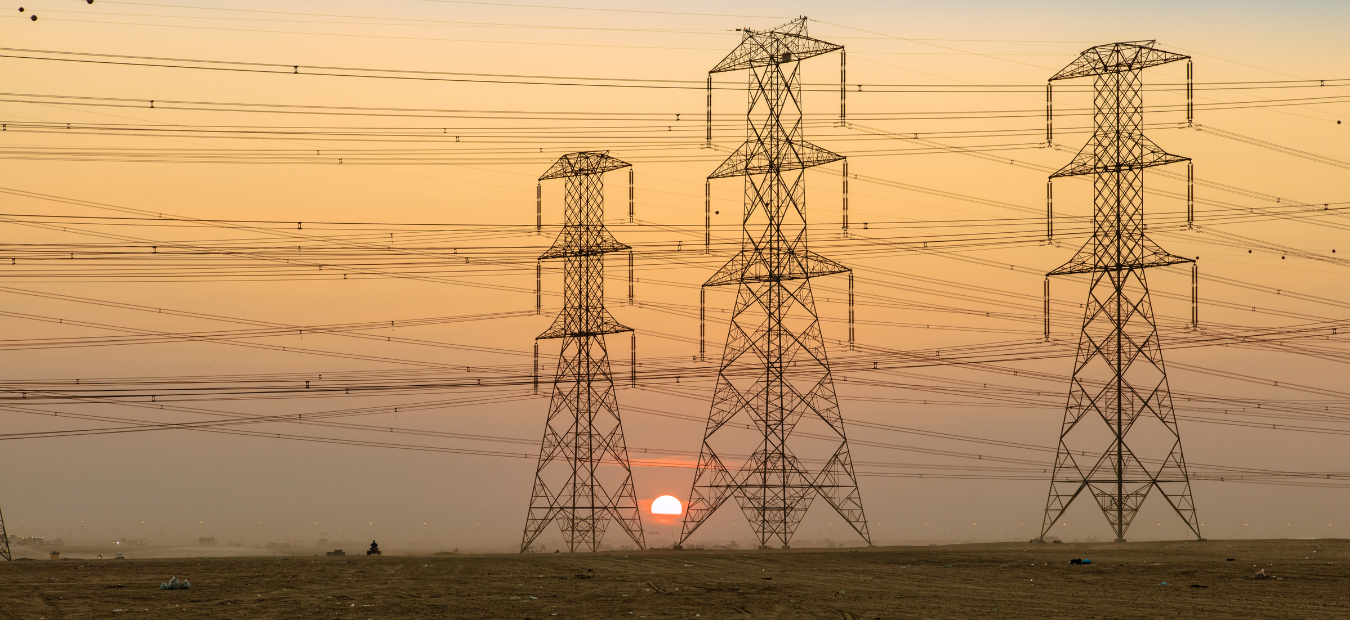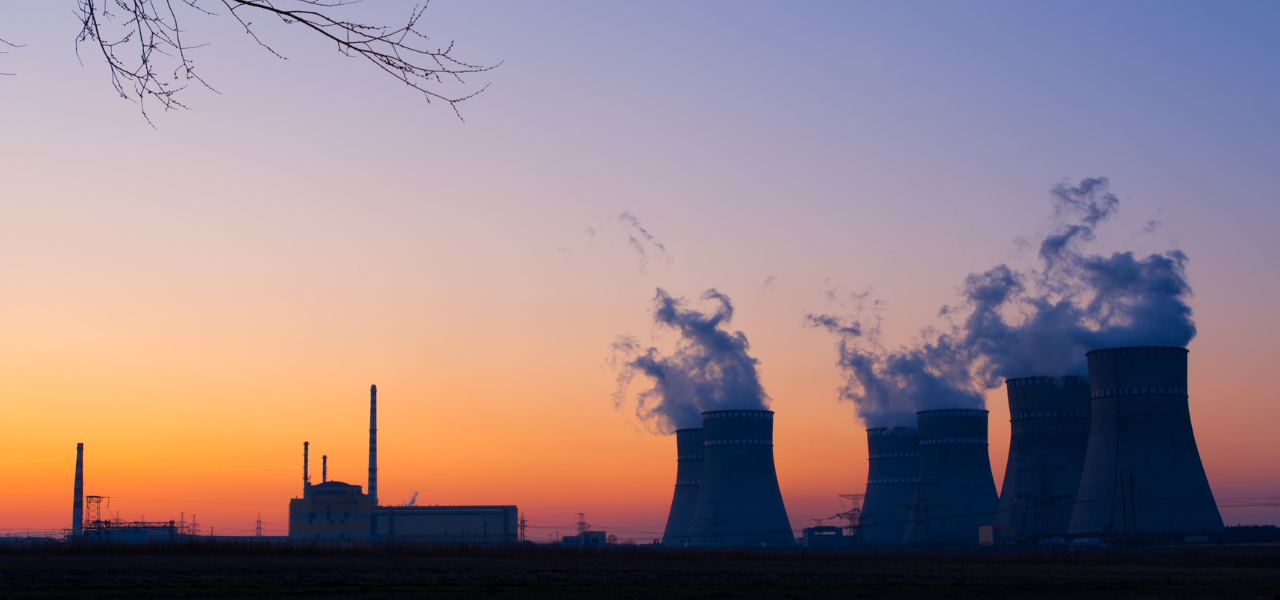Rising energy policy costs set to keep bills higher
The cost of funding new nuclear projects is expected to see household energy bills remain higher despite falling wholesale costs, according to analysts.

The cost of funding new nuclear projects is expected to see household energy bills remain higher despite falling wholesale costs, according to analysts.
Ofgem last week confirmed that the October tariff cap would rise by 2%, due in part to the expansion of the Warm Homes Discount as well as network charging changes.
Although Cornwall Insight said it currently expects bills to ease in January, driven by a forecast fall in wholesale prices, rising policy costs such as funding for new nuclear projects are “keeping bills a little higher”.
It said the January cap is expected to introduce new non-wholesale elements to bills including the Regulated Asset Base (RAB) funding mechanism to support investment in new nuclear power stations.
“While the costs covered by the RAB will start to be paid out before the end of this quarter, this has not yet been factored into bills – we anticipate that Ofgem will consult on how to include it within the cap formula within the coming months,” said Cornwall insight.






